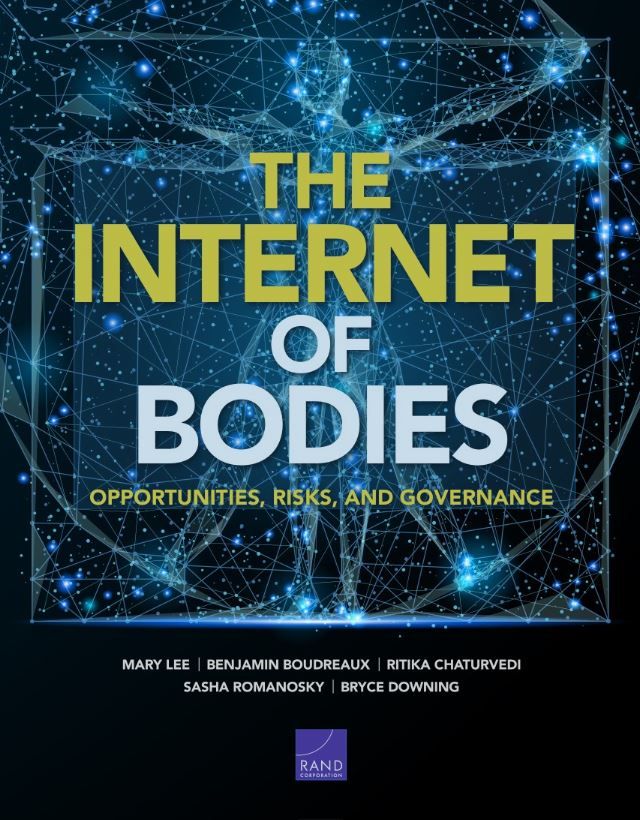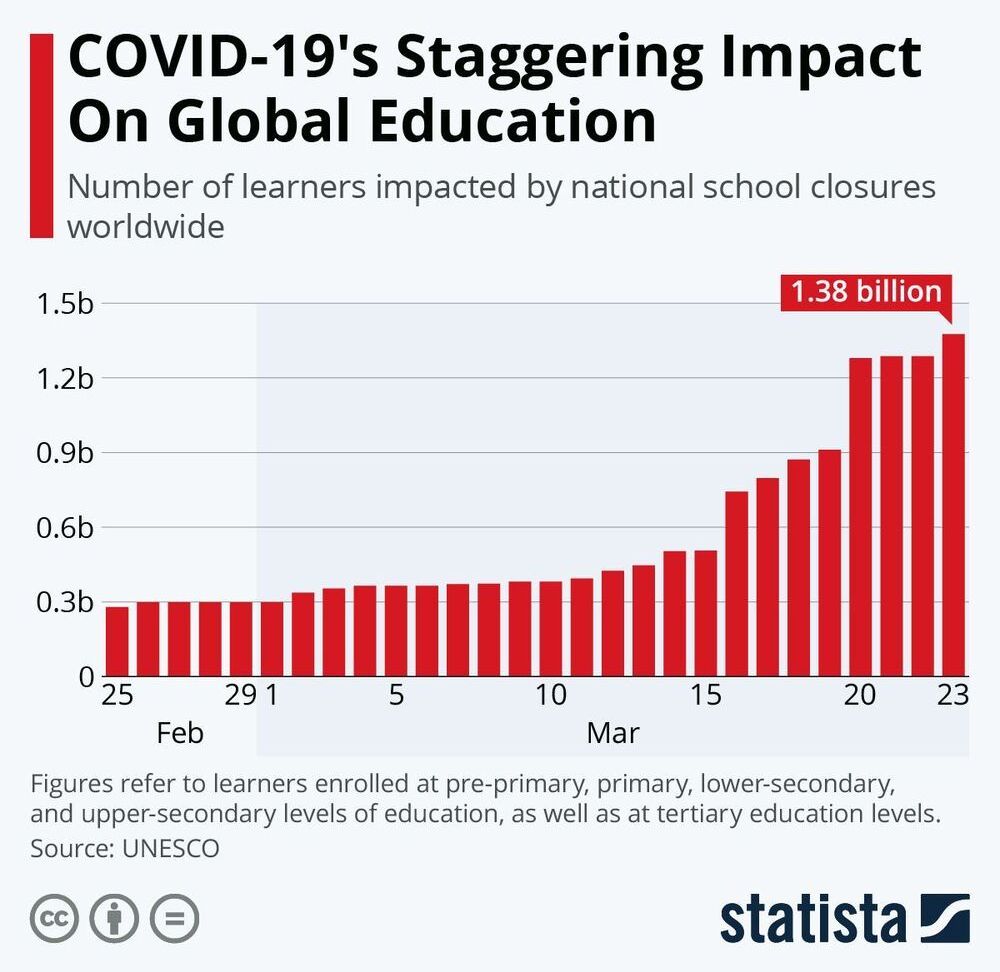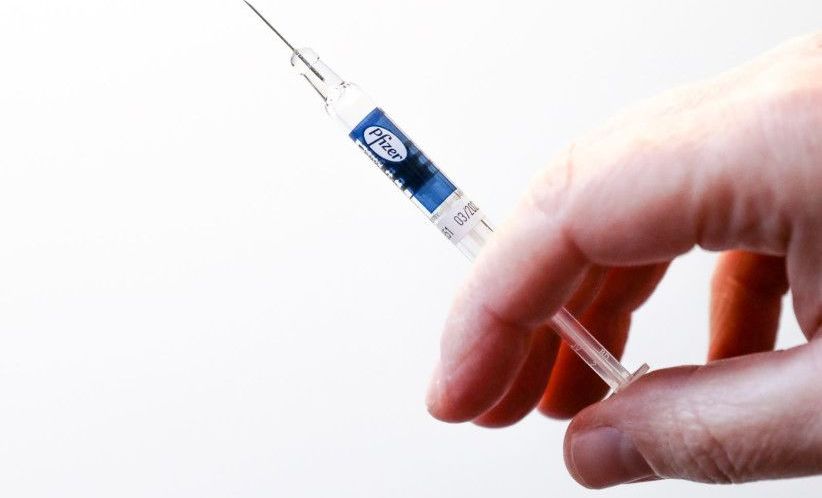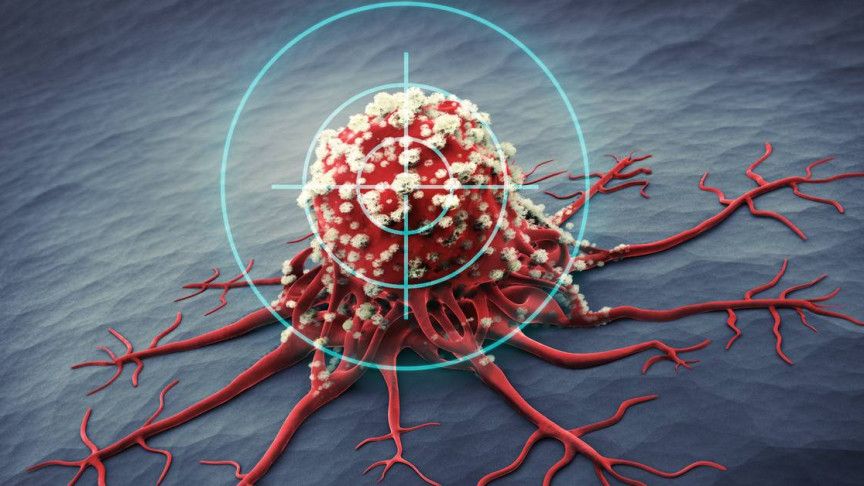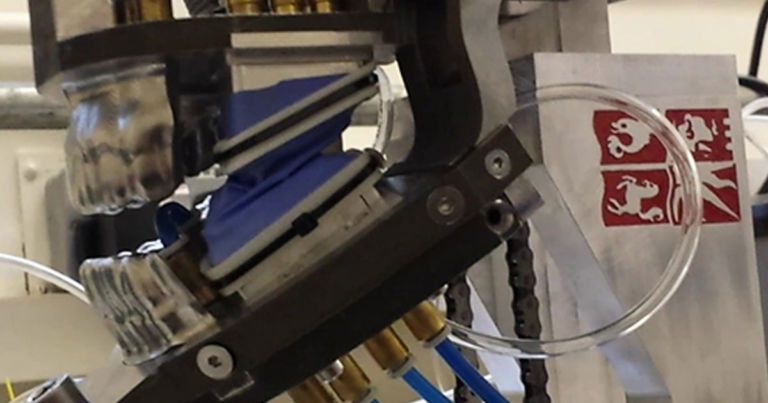A 75-year-old man from Northern Israel died of a heart attack about two hours after being vaccinated against the novel coronavirus, the Health Ministry has confirmed. The man had pre-existing conditions and had suffered from heart attacks in the past, the ministry said. Health Ministry director-general Chezy Levy has launched an investigation into the incident. “We share in the grief of the family,” Levy said in a statement. The man was inoculated at around 8:30 a.m. at a Clalit clinic. He stayed at the facility, as is customary, for a short period of time to ensure he had no side effects. When he felt well, the clinic released him. Levy noted that the initial findings do not show a link between the man’s death and his vaccination. Recall that when Pfizer presented its safety data to the US Food and Drug Administration back in early December, it was found that two trial participants had died after receiving the vaccine.
A 75-year-old man from Beit She’an died of a heart attack about two hours after being vaccinated against the novel coronavirus on Monday morning, the Health Ministry reported. The man had preexisting conditions and had suffered from heart attacks in the past, it said. Health Ministry director-general Chezy Levy has launched an investigation into the incident. “We share in the grief of the family,” he said in a statement. The man was inoculated at around 8:30 a.m. at a Clalit Health Services clinic. He stayed at the facility, as is customary, for a short period of time to ensure he had no side effects. When he felt well, the clinic released him. The initial findings do not show a link between the man’s death and his vaccination, Levy said. When Pfizer presented its safety data to the US Food and Drug Administration in early December, it was found that two trial participants had died after receiving the vaccine. One of the deceased was immunocompromised, meaning the person’s immune defenses were low. In response to the report of those deaths, Israel’s Midaat Association said when vaccines are administered to at-risk populations, “there may be unfortunate cases. One should not infer from this about the safety of the vaccine, but welcome the transparency required from the pharma companies in the drug approval process.”
